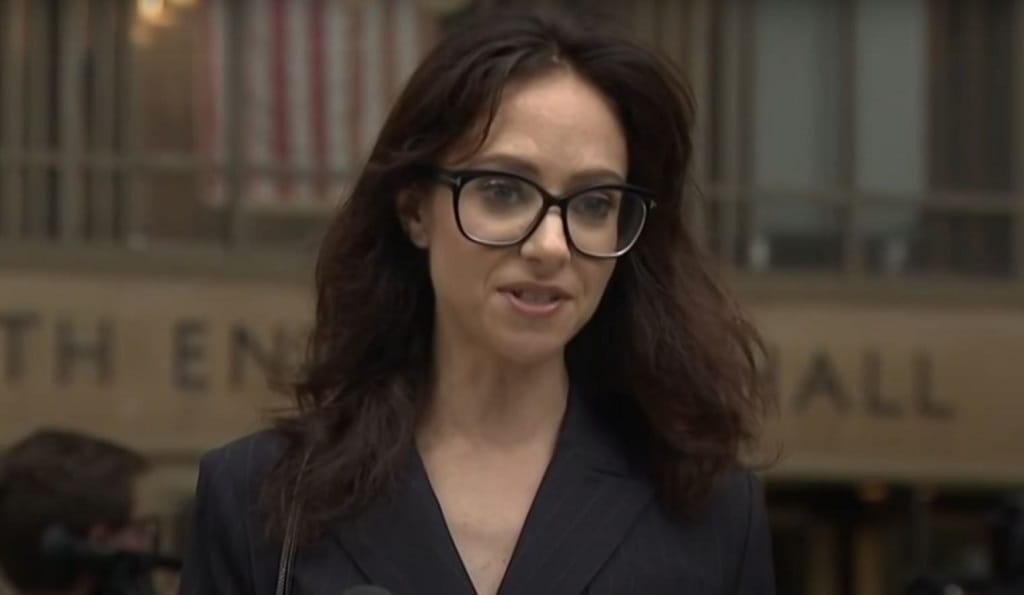Companies May Hesitate Bringing Section 230 Arguments in Court Fearing Political Ramifications: Lawyers
Legal experts say changing views on Section 230 will make platforms less willing to employ that defense in future cases.
Ty Perkins

July 14, 2021—Legal experts are speculating that companies may shy away from testing Section 230 arguments in future court cases because recent legal decisions against the defense could influence political action on amending the intermediary liability provision.
Section 230 of the Communications Decency Act offers online platforms immunity from civil liability based on content their users post on their websites. But recent decisions by various courts that have ruled against the companies’ Section 230 defenses and held them liable for incidents could have a lasting effect on how companies approach these cases.
“People are being a lot more thoughtful when they use a 230 defense, and sometimes not using one at all, because they realize that that just won’t bode well for their future cases,” Michele Lee, assistant general counsel and the head of litigation at social media company Pinterest, said at a conference hosted by the Federal Communications Bar Association on Tuesday.
“The number of companies that operate within this space, frankly, aren’t that many. And I think people are thinking much more long term than just the cases that are in front of them.”
Legal experts at the conference argued that firms would be increasingly selective about what cases they elect to employ for a Section 230 defense. The more attention it receives, they argue, the more likely it is to receive political attention, which could reignite discussion about its reform.
Debate about what to do with Section 230 has enamored Capitol Hill for many months, with the climax of discussions occurring after former President Donald Trump was banned from several platforms at the start of the year for comments he made on the services that allegedly stoked the Capitol riot on January 6.
Since then, several proposed amendments were put forth, including from Sen. Amy Klobuchar, D-Minnesota, who proposed to keep Section 230 protections largely the same except for paid content.
And last month, Sen. Marco Rubio, R-Florida, introduced his own proposed legislation, which would “halt Big Tech’s censorship of Americans, defend free speech on the internet, and level the playing field to remove unfair protections that shied massive Silicon Valley firms from accountability.”
Legal precedent and policy: two vehicles for change
The concern for companies that provide platforms for the flow of information is that they could lose certain liability protections through legislation or a change in precedent. Historically, those protections did take up much mental real estate for Congresspeople, the White House and is often held up in court.
But that tide may be shifting.
In May, the court ruled against the popular messaging company Snapchat’s Section 230 defense, claiming that it could be held civilly liable because it had created a dangerous product following the death of a 20-year-old Snapchat user who crashed his car in 2020 while using a filter on the app that rewarded fast driving.
Reaching 120 miles-per-hour at one point, the crash also killed two teenage passengers. Two of the victims’ parents sued Snapchat for wrongful death, claiming that the reward system on that filter encouraged reckless driving.
The case was thrown out of court on Section 230 grounds, but the Ninth Circuit Appeals Court revived the case, reversing the ruling and favoring the victims, holding Snapchat liable for creating an inherently dangerous product.
Carrie Goldberg, founder of C.A. Goldberg, a victims’ rights law firm, said Tuesday that this ruling offers a “small window of online platform accountability,” in which platforms might be held liable for published content when that content demonstrates a harm to the public.
Goldberg referenced another case out of Texas last month, where the state’s supreme court ruled that Facebook could be held liable after three plaintiffs filed separate suits against the company, alleging that they became victims of sex trafficking, being lured in through people they met on Facebook and Instagram.
Facebook claimed immunity through Section 230, but the court sided with the plaintiffs, saying the provision does not “create a lawless no-man’s-land on the Internet.” The court made a further clarification that Section 230 protects online platforms from the words or actions of others, but “[h]olding internet platforms accountable for their own misdeeds is quite another thing.”
This particular case may only be applicable to Texas jurisdiction, however, and hold little impact for the rest of the country, as part of the case was fought using a Texas-specific statute that allows civil lawsuits “against those who intentionally or knowingly benefit from participation in a sex-trafficking venture.”
In May, observers noted that a number of these legal decisions reversing course on Section 230 matters could lead to a floodgate of other lawsuits across the country.








Member discussion